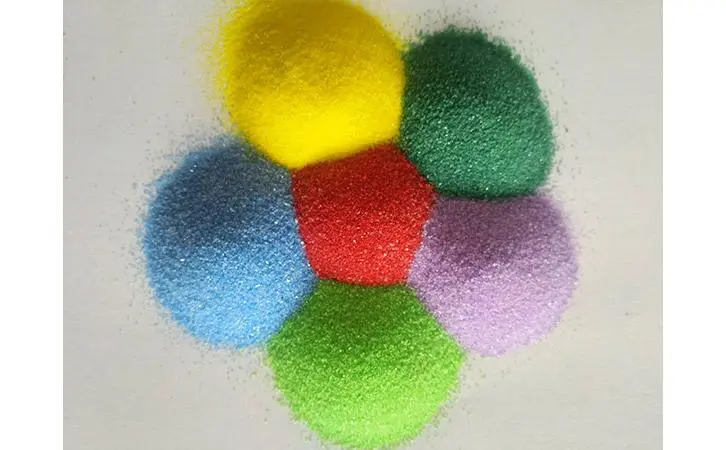
Establishing a State-of-the-Art Facility for the Production of High-Quality Titanium Dioxide
Titanium Dioxide Factory A Cornerstone of Modern Industry
Titanium dioxide (TiO2) is one of the most important industrial chemicals, widely utilized for its excellent properties such as strong opacity, brightness, and durability. The production of titanium dioxide is primarily carried out in dedicated factories that utilize advanced technologies to ensure efficient and environmentally friendly manufacturing processes. This article delves into the significance of titanium dioxide factories, their production processes, and their environmental considerations.
The Importance of Titanium Dioxide
Titanium dioxide is predominantly used as a white pigment in paints, coatings, plastics, and paper due to its high refractive index and excellent UV resistance. Beyond pigmentation, it also finds applications in cosmetics, food, and pharmaceuticals, where it serves as a coloring agent. The global demand for TiO2 is growing, driven by the increasing consumption of paint and coatings in construction and automotive industries, as well as a rising demand for high-quality plastics.
Production Processes
The primary methods for producing titanium dioxide are the sulfate process and the chloride process
.1. Sulfate Process This traditional method involves the sulfuric acid digestion of ilmenite ore. The resulting titanium sulfate is then hydrolyzed to produce titanium dioxide. Although the sulfate process is well-established, it generates a significant amount of waste, requiring effective management and disposal strategies to mitigate environmental impacts.
2. Chloride Process The chloride process is a more modern and sustainable alternative. It involves the extraction of titanium from ore using chlorine gas at high temperatures. The titanium tetrachloride produced is then oxidized to yield titanium dioxide. This method is preferable because it generates less waste and produces a purer form of titanium dioxide, making it more suitable for high-performance applications.
titanium dioxide factory

Technological Innovations
Titanium dioxide factories are increasingly integrating advanced technologies to enhance production efficiency and reduce environmental impact. Automation and real-time monitoring systems improve operational efficiency while minimizing human error. Additionally, innovations in waste management technologies are helping to recycle by-products generated during production, further promoting sustainability.
Factory operators are also exploring alternative raw materials to decrease reliance on traditional sources. For instance, the use of rutile concentrate instead of ilmenite can optimize the production process and enhance the quality of the final product. Furthermore, the adoption of greener energy sources is becoming more common, with factories transitioning to renewable energy sources to power their operations.
Environmental Considerations
The production of titanium dioxide is not without its environmental challenges. The processes can produce significant waste and emissions, and the extraction of titanium ore may lead to habitat destruction and resource depletion. Consequently, industries are under increasing pressure to adopt more sustainable practices. Regulatory frameworks are being established to mandate stricter emission controls and foster research into cleaner production technologies.
Moreover, titanium dioxide factory operators are investing in environmental management systems to monitor and minimize their ecological footprint. Initiatives such as waste recycling, water conservation, and emissions reduction programs are becoming standard practice in modern facilities.
Conclusion
Titanium dioxide factories play a crucial role in supporting various industries worldwide, from construction to consumer goods. With the surge in demand for high-quality titanium dioxide, these facilities must balance production efficiency with environmental responsibility. By embracing technological advancements and sustainable practices, titanium dioxide factories can continue to evolve, supporting the modern economy while minimizing their impact on the planet. As the industry progresses, the importance of sustainability will remain a driving force in shaping the future of titanium dioxide production.
Share
-
Premium Pigment Supplier Custom Solutions & Bulk OrdersNewsMay.30,2025
-
Top China Slag Fly Ash Manufacturer OEM Factory SolutionsNewsMay.30,2025
-
Natural Lava Rock & Pumice for Landscaping Durable Volcanic SolutionsNewsMay.30,2025
-
Custom Micro Silica Fume Powder Manufacturers High-Purity SolutionsNewsMay.29,2025
-
Custom Mica Powder Pigment Manufacturers Vibrant Colors & Bulk OrdersNewsMay.29,2025
-
Custom Micro Silica Fume Powder Manufacturers Premium QualityNewsMay.29,2025






